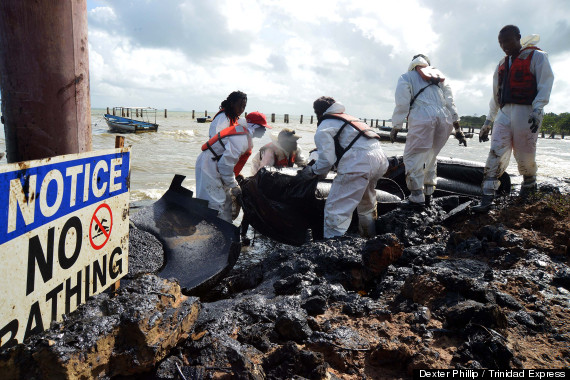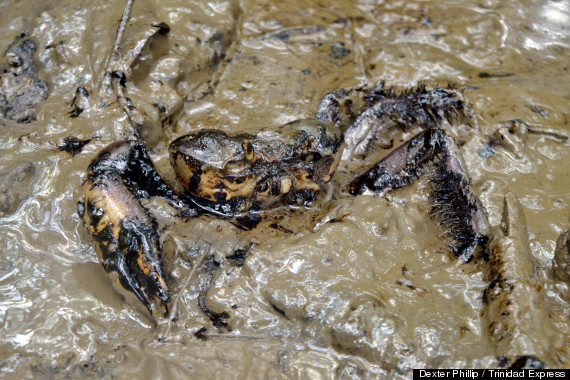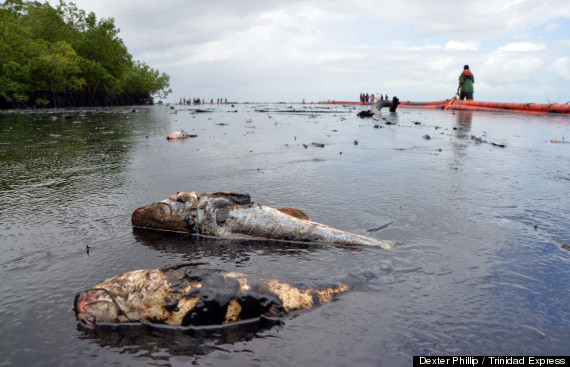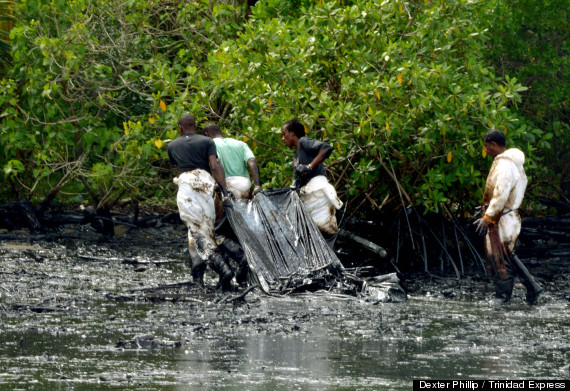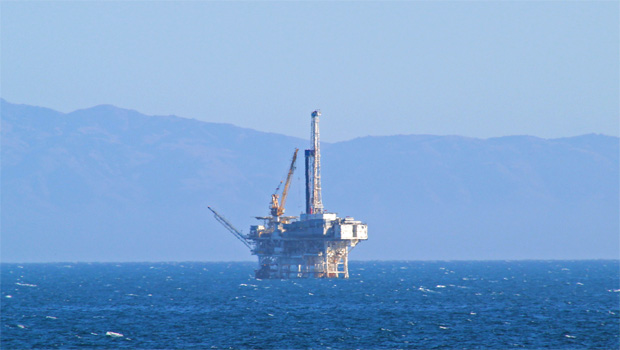http://www.reuters.com/article/2014/01/16/cuba-usa-idUSL2N0KQ21Y20140116
Thu Jan 16, 2014 4:44pm EST
* Talks center on offshore oil drilling
* Embargo supporter favors some cooperation
By Marc Frank
HAVANA, Jan 16 (Reuters) – A former democratic senator and governor from Florida, Bob Graham, visited Cuba this week to discuss oil spill prevention and preparedness during a trip that has caused a stir among exiles and Cuba watchers due to his traditional support for tough sanctions against the Communist-ruled Caribbean island.
Cuba and its partners drilled three exploratory wells off Cuba’s northern coast in recent years that came up dry, but more such wells are expected in the future in search of billions of barrels of oil thought to be below its Gulf of Mexico waters.
Graham’s first ever visit to Cuba follows President Barack Obama’s recent call, while visiting Miami, for “modernizing” relations with Cuba, as well as his famous handshake with Cuban President Raul Castro while attending Nelson Mandela’s memorial service in South Africa last month.
The strained relationship between the long-time foes has eased since Obama began his second term in office. Recently, State Department and Cuban officials told Reuters that contacts have been pragmatic and cordial, without the traditional rhetoric from both sides.
The two countries do not have diplomatic relations and Cuba has faced a U.S. embargo for more than half a century.
Graham, 77, told Reuters on Thursday that his visit was consistent with Obama’s policy of “taking on specific areas where there is a common interest and arriving at an approach on how to manage certain issues.”
The former presidential candidate is part of a larger group of environmentalists and disaster experts on a 5-day visit organized by the New York-based Council on Foreign Relations to discuss “environmental risks in the Gulf of Mexico related to natural disasters and offshore drilling,” according to a press release issued upon its arrival on Monday.
Graham, a former chairman of the Senate Select Committee on Intelligence, also co-chaired the National Commission on the Deepwater Horizon Oil Spill and Offshore Drilling established by Obama after the BP oil spill in the Gulf in 2010. The commission’s other co-chair, William K. Reilly, a former EPA administrator, is also part of the group.
“We became interested in cooperation among Gulf countries doing drilling while on the commission,” Graham said as he and Reilly ate lunch in the restored colonial district of Havana before a meeting with officials from the state oil monopoly.
“We are here to learn as much as we can about things of interest to us, such as safety standards and the capacity to respond to an oil spill,” he said.
The trip has come under fire by supporters of the embargo.
The director of the Cuban-American lobby group, Cuba Democracy Advocates, questioned the visit in an interview with Diario las Americas.
“It is completely illogical and comes close to ridiculous,” Mauricio Claver-Carone said.
Graham said he understood the criticism but was not concerned.
Graham said he still supports sanctions on Cuba, “but I also support a process that will try to move us toward normalization. I don’t think it is going to happen in one strike, but through working on issues of common interest such as offshore oil drilling where a spill could prove disastrous for Florida,” he said.
Graham said that at a reception Wednesday evening, he had talked with foreign ministry officials about human rights and the fate of jailed U.S. contractor Alan Gross, sentenced in 2011 to 15 years in prison for setting up Internet links that bypassed local government control as part of a U.S. project Cuba considers subversive.
“We have had conversations over a number of areas, such as the recent migration talks and biotechnology,” Graham said.
“I think there are a series of issues that are not ideological issues, pragmatic issues that are forming the agenda of discussions between the United States and Cuba where both sides will benefit by an intelligent resolution.”
(Reporting by Marc Frank; Editing by Dan Grebler)
Special thanks to Richard Charter
